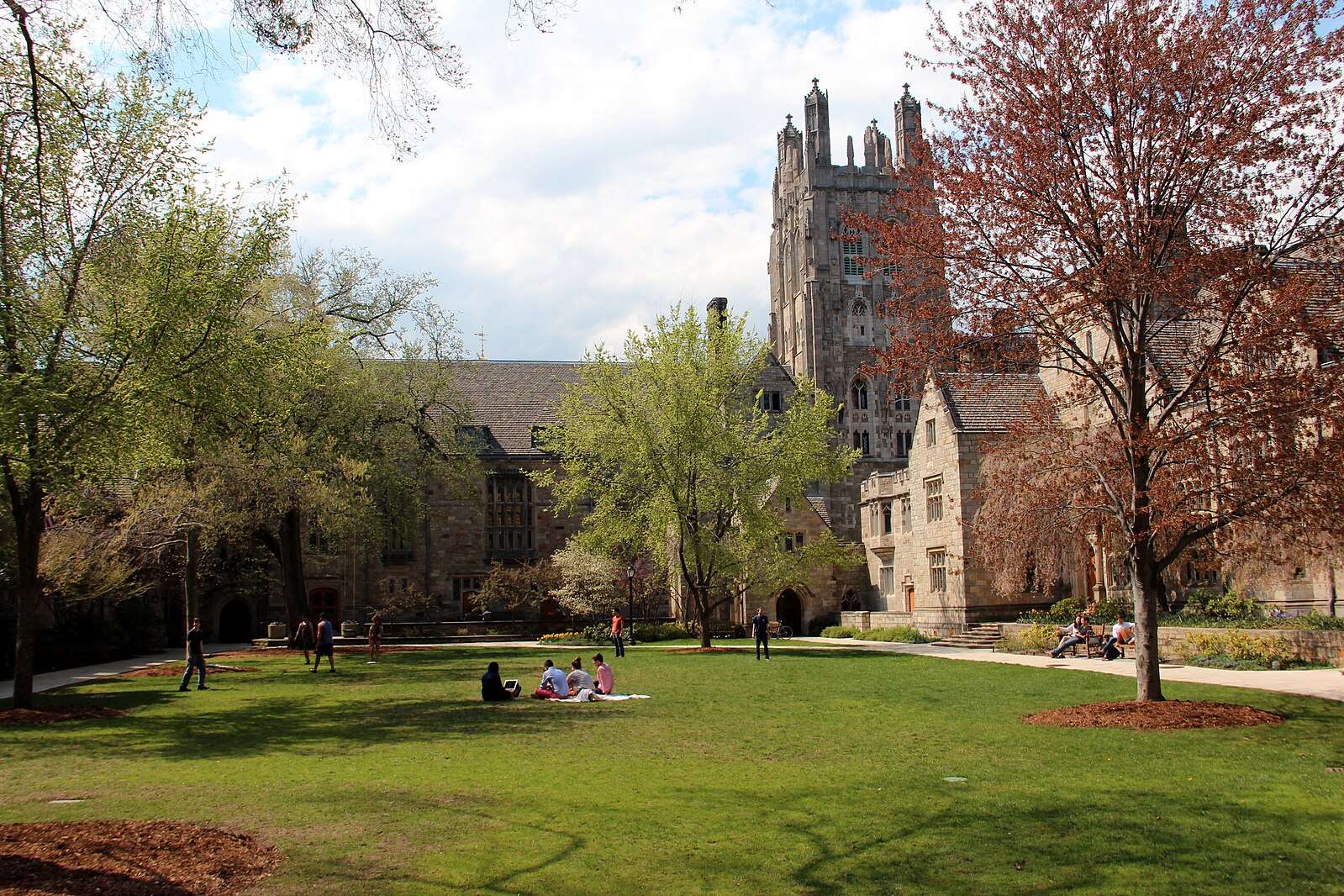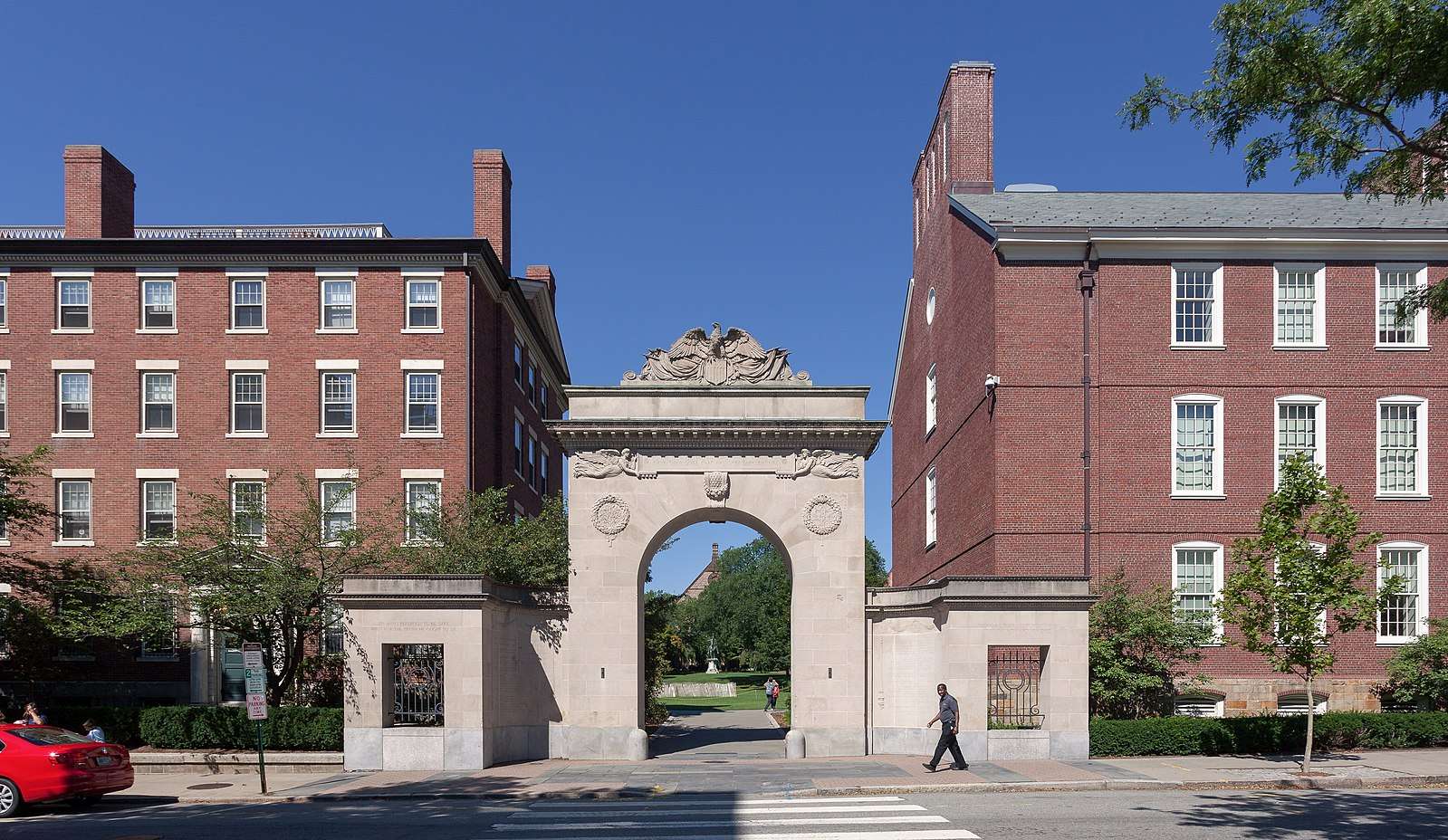The Ivy Coach Daily
Do I Need Perfect SAT/ACT Scores to Get Into an Ivy League?

It’s no secret that gaining admission to an Ivy League school is not a walk in the park. Academic performance is one of the most important metrics used to evaluate Ivy League applicants, and standardized test scores are a major part of this process. But just how important are standardized test scores, and just how high have admitted students been scoring in recent years?
Average SAT/ACT Scores of Recently Admitted Ivy League Cohorts
The following data is pulled from the most recently released Common Data Sets for each of the Ivy League schools — Brown University (Class of 2027), Columbia University (Class of 2026), Cornell University (Class of 2027), Dartmouth College (Class of 2027), Harvard University (Class of 2027), University of Pennsylvania (Class of 2026), Princeton University (Class of 2026), and Yale Univeresity (Class of 2027).
| SAT and ACT Scores in Recently Admitted Ivy League Cohorts | SAT 25th Percentile | SAT Median | SAT 75th Percentile | ACT 25th Percentile | ACT Median | ACT 75th Percentile |
| Brown University | 1510 | 1540 | 1560 | 34 | 35 | 35 |
| Columbia University | 1500 | 1540 | 1560 | 34 | 35 | 35 |
| Cornell University | 1480 | 1520 | 1550 | 33 | 34 | 35 |
| Dartmouth College | 1440 | 1520 | 1560 | 32 | 33 | 35 |
| Harvard University | 1500 | 1550 | 1580 | 34 | 35 | 36 |
| University of Pennsylvania | 1500 | 1540 | 1570 | 34 | 35 | 35 |
| Princeton University | 1510 | 1540 | 1570 | 34 | 35 | 35 |
| Yale University | 1500 | 1540 | 1560 | 33 | 34 | 35 |
Analyzing the Average SAT/ACT Scores in Recently Admitted Ivy League Cohorts
Before we parse this data, it’s important to note that these score distributions are skewed by a very important factor: the last few admission cycles across the Ivy League have been test-optional. This means that they only have data on students who elected to send their scores to admission committees. The rate for SAT score reporting was about 50%, and the rate for ACT score reporting was about 25%, with some variation across each school. Approximately one-in-four students at these schools were admitted without submitting test scores.
You might be looking at this chart and thinking, “these scores are ridiculously high, I could never dream of Ivy League admission.” But many schools are returning to test-mandatory policies, such as Brown, Dartmouth, and Harvard (Yale, too, but not necessarily the SAT or ACT) which means the interquartile range of scores will go down a bit for future admission cycles as even the students with lackluster performance are forced to submit their scores. Other schools, like Columbia, have implemented indefinite test-optional policies, which means that students who otherwise would not make the cut will be able to make their way in through the Ivy gates by withholding their scores (though they’ll be at a significant disadvantage).
Despite the slightly upward-skew of the data, these score distributions still reveal quite a bit about the admitted student profile at these schools. It may not come as a surprise that Dartmouth and Cornell recorded the lowest median SAT scores, while Harvard recorded the highest median SAT score.
Ivy League Admission: It’s Not Just About Test Scores
Do not give up hope if you are daunted by these score distributions! Admission committees across the Ivy League stress that they use “holistic” admissions criteria which evaluate each applicant “in-context.” This is a fancy way of saying that test performance is just one part of a broader picture that is painted by any given application. In fact, Harvard’s Dean of Admissions and Financial Aid, William Fitzsimmons, once asserted that Harvard rejects five classes worth of students with perfect grades and perfect scores (and that was before applications spiked in recent years!).
Some students did not shine during their SAT or ACT sittings but wrote compelling essays that were rounded out by heartfelt letters of recommendations. Others who may not be great test-takers excelled in the laboratory, debate stage, or concert hall. While it is recommended that each applicant optimize their chances of performing well on standardized tests through preparation and tutoring, a less than ideal score is not an application death sentence.
Use Testing Data as the Goal Post, But Take it with a Grain of Salt
However, it is still essential to perform well on standardized tests. Even students at the bottom of the Ivy League testing distribution were still scoring well-above the national median. Take the data above as an indicator of where you should be aiming on standardized tests. If you are scoring below the 25th score percentile of your target school, you should seriously consider calling in the experts to help boost your numbers!
You are permitted to use www.ivycoach.com (including the content of the Blog) for your personal, non-commercial use only. You must not copy, download, print, or otherwise distribute the content on our site without the prior written consent of Ivy Coach, Inc.
TOWARD THE CONQUEST OF ADMISSION
If you’re interested in Ivy Coach’s college counseling, fill out our complimentary consultation form and we’ll be in touch.
Get Started




